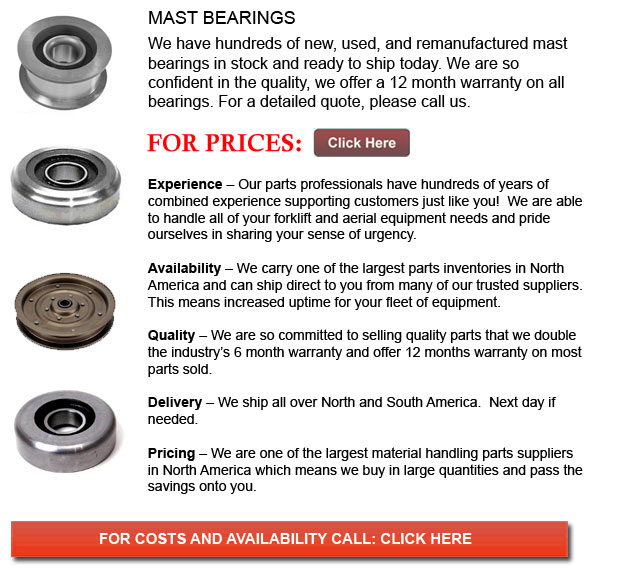
Mast Bearing - A bearing is a device which enables constrained relative motion among at least 2 parts, often in a linear or rotational procession. They could be commonly defined by the motions they permit, the directions of applied cargo they can take and according to their nature of utilization.
Plain bearings are often utilized in contact with rubbing surfaces, typically together with a lubricant like graphite or oil too. Plain bearings could either be considered a discrete tool or non discrete tool. A plain bearing can consist of a planar surface which bears another, and in this case would be defined as not a discrete device. It could comprise nothing more than the bearing exterior of a hole together with a shaft passing through it. A semi-discrete instance will be a layer of bearing metal fused to the substrate, while in the form of a separable sleeve, it will be a discrete tool. Maintaining the proper lubrication enables plain bearings to be able to provide acceptable friction and accuracy at the least expense.
There are various bearings that could help enhance and develop efficiency, accuracy and reliability. In numerous applications, a more appropriate and specific bearing could enhance weight size, operation speed and service intervals, thus lowering the whole expenses of using and purchasing equipment.
Bearings will differ in materials, shape, application and required lubrication. For example, a rolling-element bearing will make use of spheres or drums between the parts so as to control friction. Reduced friction provides tighter tolerances and higher precision compared to plain bearings, and less wear extends machine accuracy.
Plain bearings could be constructed of metal or plastic, depending on the load or how dirty or corrosive the surroundings is. The lubricants that are used can have drastic effects on the friction and lifespan on the bearing. For example, a bearing could work without whichever lubricant if continuous lubrication is not an alternative in view of the fact that the lubricants could be a magnet for dirt that damages the bearings or equipment. Or a lubricant could enhance bearing friction but in the food processing trade, it could require being lubricated by an inferior, yet food-safe lube so as to prevent food contamination and ensure health safety.
Nearly all bearings in high-cycle uses require some cleaning and lubrication. They can need periodic modification in order to reduce the effects of wear. Several bearings could need irregular maintenance to avoid premature failure, though magnetic or fluid bearings can need not much maintenance.
Prolonging bearing life is normally done if the bearing is kept clean and well-lubricated, although, various kinds of utilization make consistent maintenance a challenging task. Bearings situated in a conveyor of a rock crusher for instance, are continuously exposed to abrasive particles. Regular cleaning is of little use in view of the fact that the cleaning operation is expensive and the bearing becomes dirty again when the conveyor continues operation.
![]() Click to Download the pdf
Click to Download the pdf
Forklift Parts
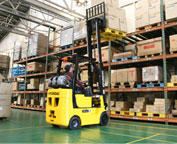
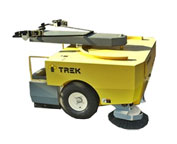
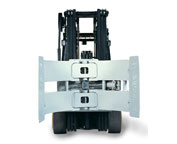
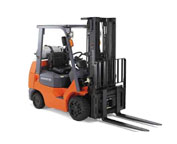
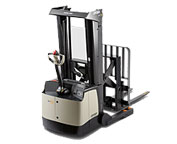
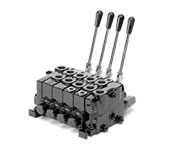

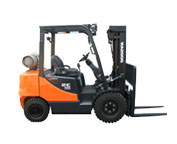
Lift Parts Express
TOLL FREE: 1-888-695-7994
LOCAL: 657-208-7001
174 W LINCOLN AVE 184
Anaheim, California
forkliftpartsanaheim.com
Email Us
About Us


